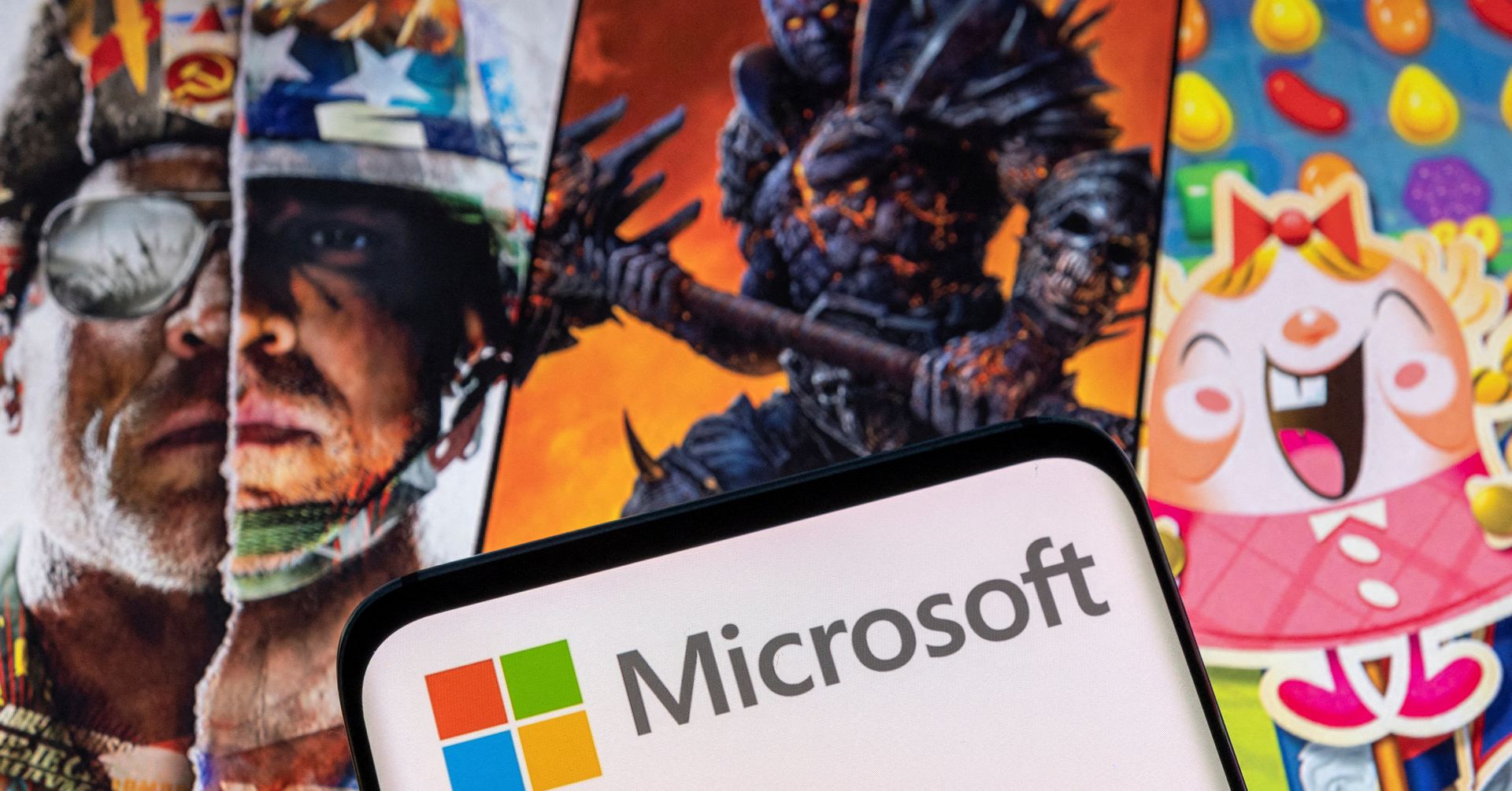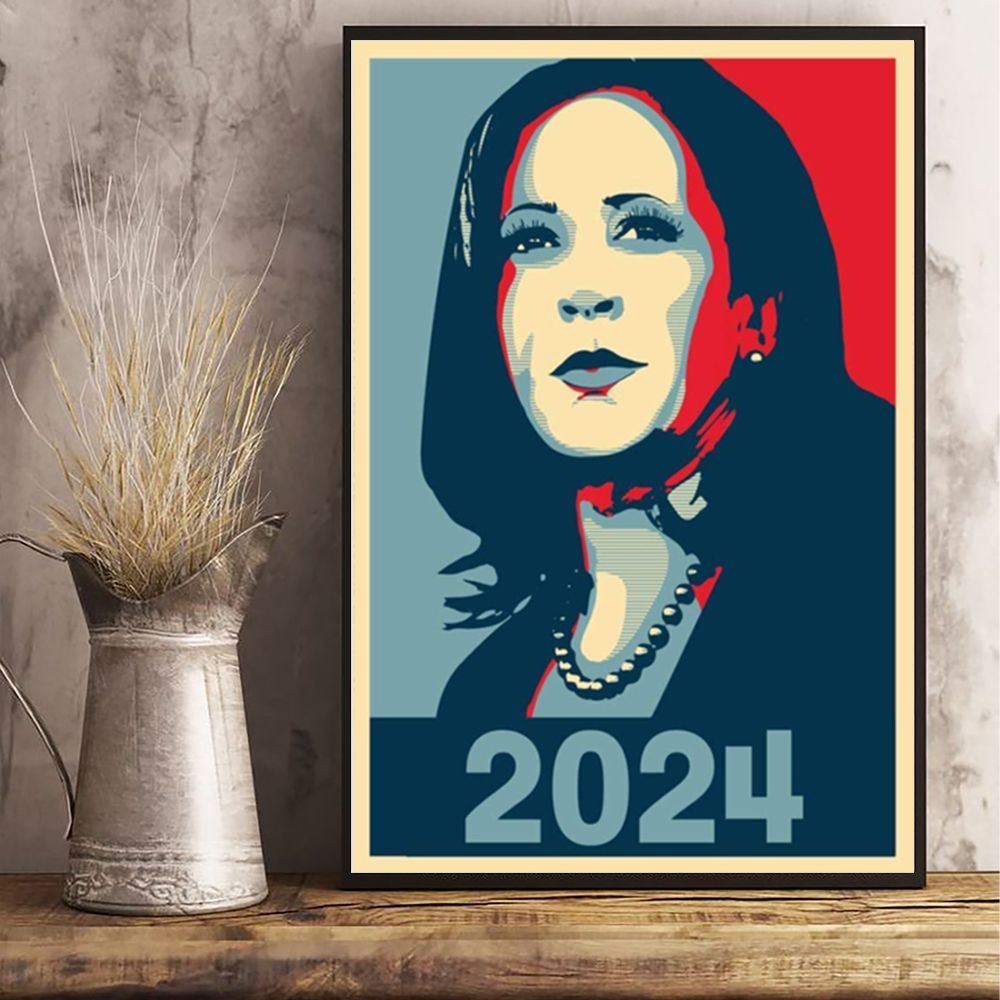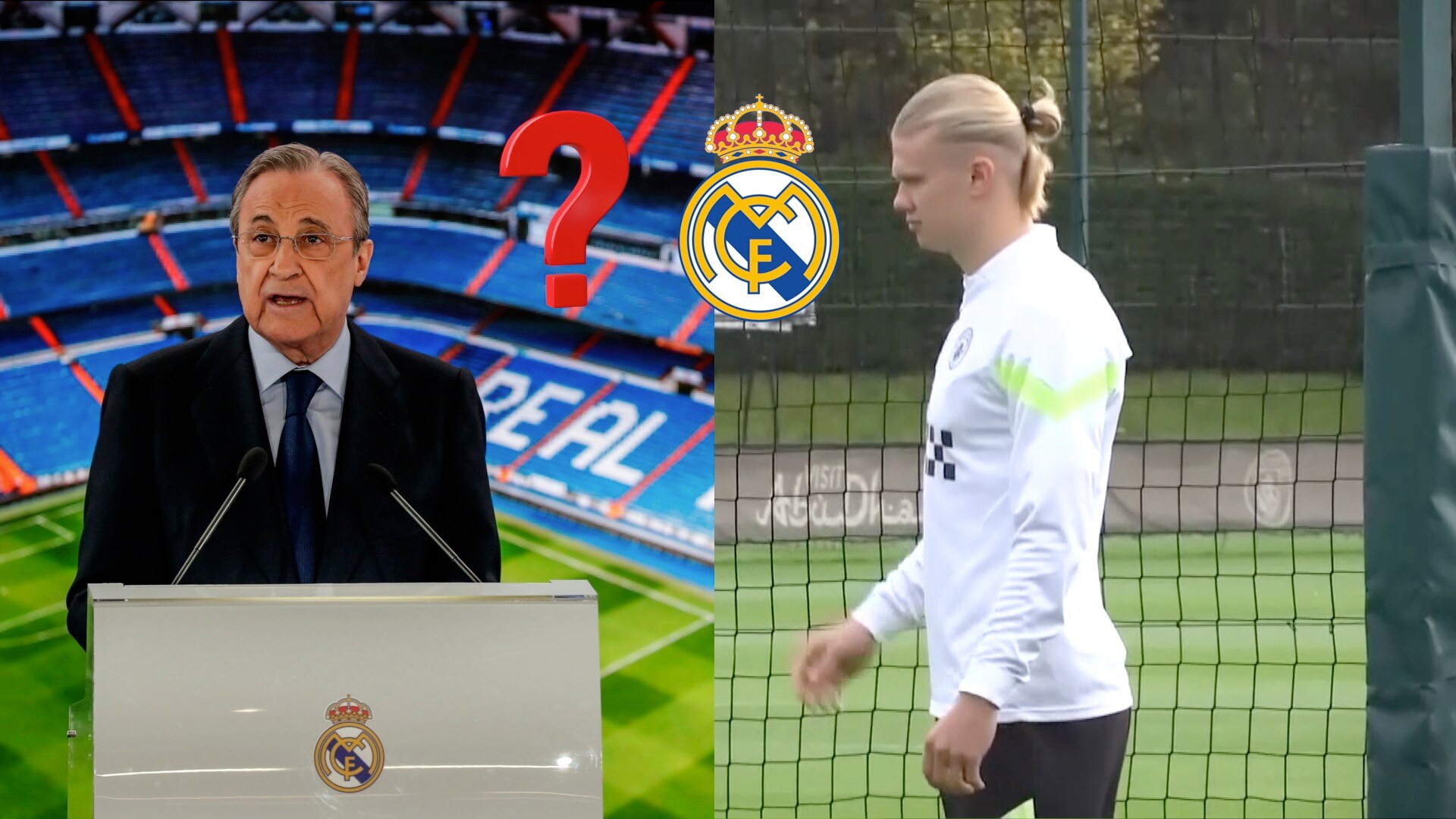Future Of Microsoft-Activision Deal Uncertain After FTC Appeal

Table of Contents
The FTC's Case Against the Merger
The FTC lawsuit against the Microsoft-Activision merger centers around concerns of anti-competitive practices and the potential for market dominance. The core argument revolves around the fear that Microsoft, already a major player in the gaming industry with its Xbox console and Game Pass subscription service, would leverage its acquisition of Activision Blizzard to stifle competition.
-
Call of Duty Exclusivity: The FTC's primary concern is Microsoft's potential to make Call of Duty, one of the world's most popular video game franchises, exclusive to the Xbox ecosystem. This move, the FTC argues, would significantly harm competitors like PlayStation, potentially driving players towards Xbox and harming PlayStation's market share. The loss of Call of Duty would be a major blow to PlayStation's competitiveness.
-
Market Dominance: The FTC's broader concern extends beyond Call of Duty. The agency fears that the merger would give Microsoft undue control over key segments of the gaming market, including console gaming, PC gaming, and cloud gaming. This increased market power, the FTC argues, could lead to higher prices, reduced innovation, and ultimately, a less competitive gaming landscape for consumers.
-
Evidence Presented: The FTC presented a substantial amount of evidence during the initial hearings, including internal Microsoft documents and expert testimony, to support its claims of anti-competitive behavior. This evidence forms the basis of their appeal and underpins their belief that the merger should be blocked.
Microsoft's Defense and Counterarguments
Microsoft has vigorously defended the merger, arguing that it would be beneficial for gamers and the broader gaming ecosystem. The company’s counterarguments address the FTC's concerns point by point.
-
Call of Duty's Continued Availability: Microsoft has repeatedly pledged to keep Call of Duty available on PlayStation and other platforms, even signing a legally binding ten-year agreement with Sony to ensure its continued presence on PlayStation consoles. They argue this commitment demonstrates their intention to maintain a competitive market.
-
Benefits for Gamers: Microsoft highlights the potential benefits for gamers, including access to a wider range of games through Game Pass and increased innovation resulting from the combined resources of Microsoft and Activision Blizzard. They argue that the merger will ultimately enhance the gaming experience for consumers.
-
Investment in Cloud Gaming: Microsoft's substantial investments in cloud gaming, such as Xbox Cloud Gaming, are presented as a further argument against anti-competitive practices. They assert that their cloud gaming initiatives will increase competition and benefit consumers with more accessible gaming options.
Potential Outcomes and Implications
The FTC's appeal could result in several potential outcomes: full approval of the merger, partial approval with conditions (such as divesting certain assets), or a complete rejection of the merger. Each outcome has significant implications.
-
Full Approval: A full approval would allow the merger to proceed, potentially leading to increased market consolidation in the gaming industry. This outcome could result in enhanced game offerings but also raises concerns about monopolies.
-
Partial Approval with Conditions: Partial approval would involve Microsoft agreeing to specific conditions to address the FTC's anti-competitive concerns. These conditions might include divesting specific assets or making further commitments regarding Call of Duty availability.
-
Complete Rejection: A complete rejection would prevent the merger from happening, maintaining the current competitive landscape of the gaming industry. This outcome would likely preserve the status quo but also deprive the market of potential benefits that Microsoft has promised.
The impact on the gaming industry will be profound, regardless of the outcome. This legal battle sets a significant precedent, potentially influencing future mergers and acquisitions in the tech and gaming sectors.
The Role of Other Regulatory Bodies
The FTC's appeal is not the only regulatory hurdle facing the Microsoft-Activision deal. Other major regulatory bodies worldwide have weighed in, including the European Union and the UK's Competition and Markets Authority (CMA).
-
EU Approval: The EU has approved the merger under certain conditions, signifying a contrast in regulatory perspectives compared to the FTC.
-
UK CMA: The UK's CMA initially blocked the merger but has recently signaled a willingness to re-evaluate its decision. This shows the dynamic and complex nature of international regulatory landscapes.
These differing opinions highlight the challenges of navigating the international regulatory landscape for large-scale mergers. The outcome of the FTC appeal could heavily influence the positions of other regulators.
Conclusion
The FTC's appeal significantly impacts the future of the Microsoft-Activision deal, casting considerable doubt on its timely completion. The outcome will have far-reaching consequences for the gaming industry, shaping competition, pricing, and the availability of key titles such as Call of Duty. The protracted legal battle highlights the increasing scrutiny of large mergers in the tech sector and the complex interplay between regulatory bodies globally. The Microsoft-Activision deal exemplifies the evolving landscape of merger approvals.
Call to Action: Stay informed about the developments in the Microsoft-Activision deal. Continue to follow this evolving story to understand the implications of the FTC appeal and its impact on the future of the gaming industry. Search for updates on the Microsoft-Activision deal and its regulatory challenges to remain up-to-date on this landmark case.

Featured Posts
-
 Nj Concert Marks The End Of A Legendary Crooners Career
May 19, 2025
Nj Concert Marks The End Of A Legendary Crooners Career
May 19, 2025 -
 Kamala Harris And The 2024 Election Her Potential Paths Forward
May 19, 2025
Kamala Harris And The 2024 Election Her Potential Paths Forward
May 19, 2025 -
 Investigation Underway After Deadly Palm Springs Car Explosion Near Fertility Clinic
May 19, 2025
Investigation Underway After Deadly Palm Springs Car Explosion Near Fertility Clinic
May 19, 2025 -
 Stor Kontrakt For Haaland Tynnplate As Innen Forsvarsindustrien
May 19, 2025
Stor Kontrakt For Haaland Tynnplate As Innen Forsvarsindustrien
May 19, 2025 -
 Why Guests Break Red Carpet Rules A Cnn Investigation
May 19, 2025
Why Guests Break Red Carpet Rules A Cnn Investigation
May 19, 2025
